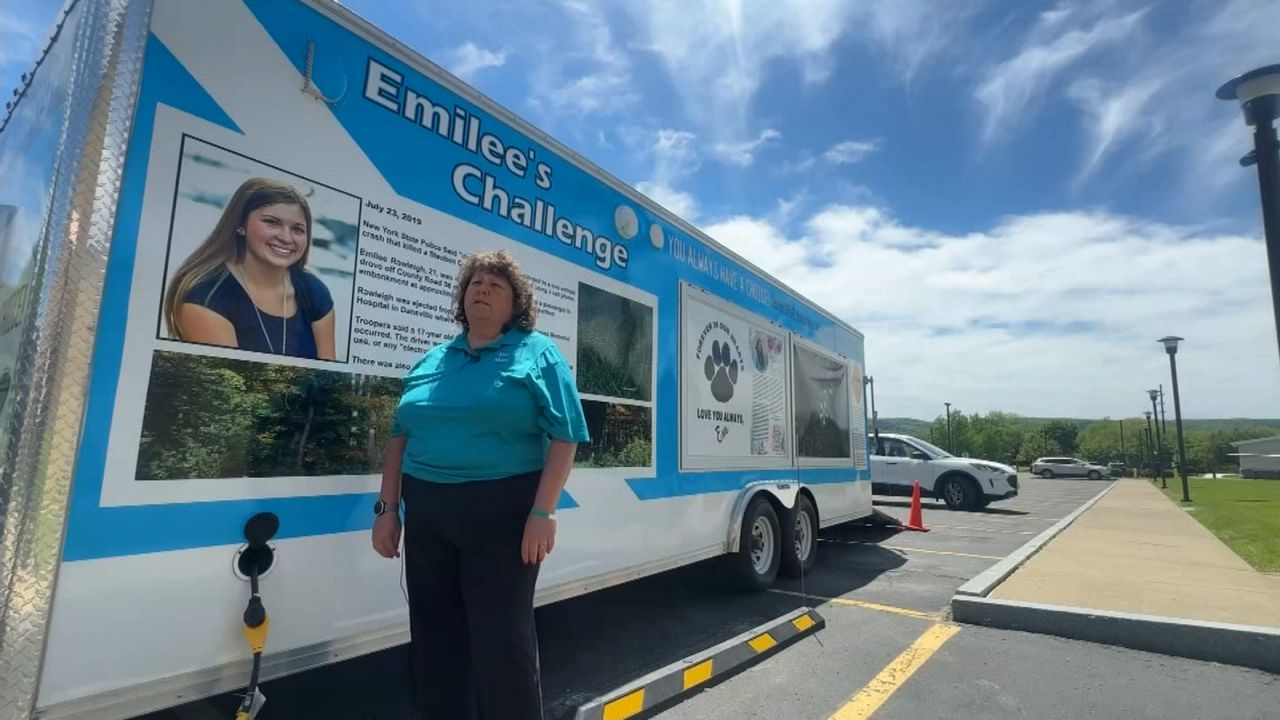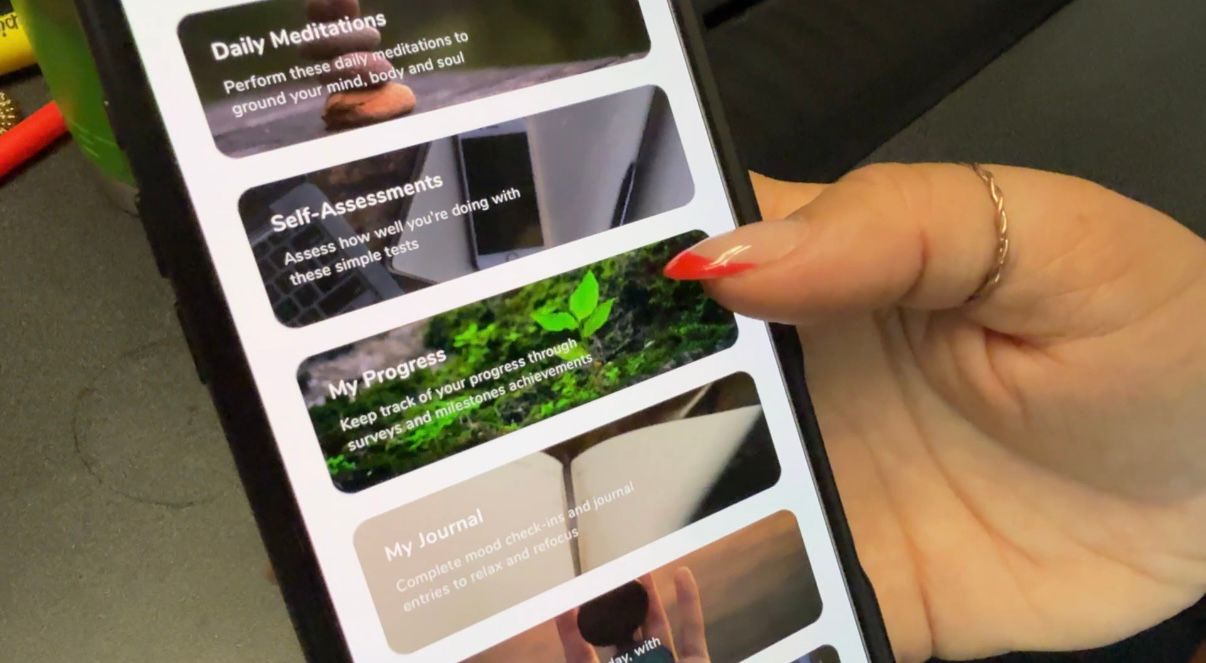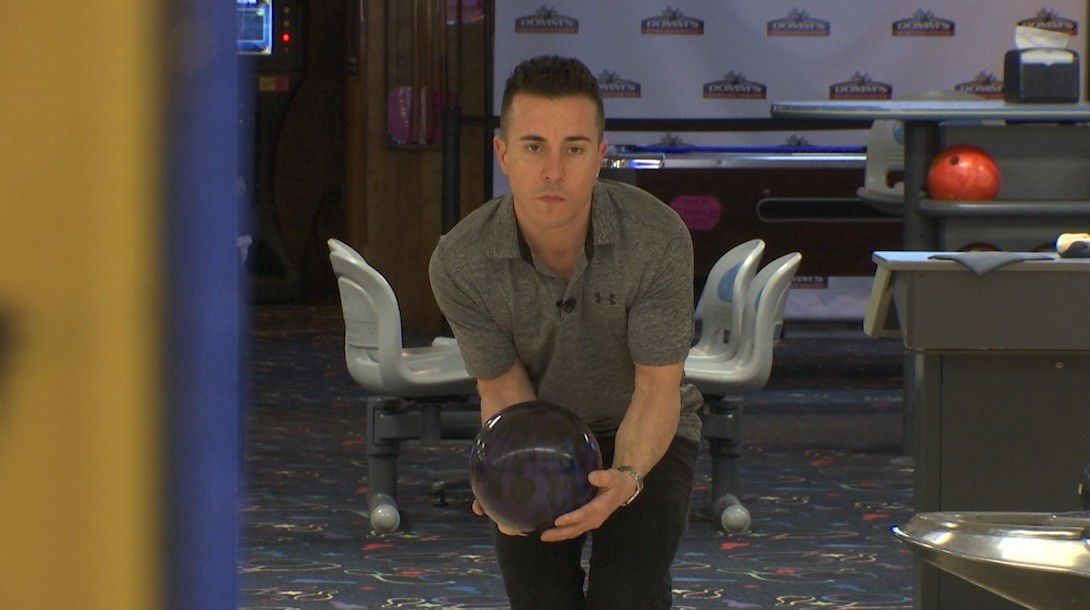ROCHESTER, N.Y. — The health impacts of climate change are not something that can be solved alone.
"Climate change is a very large and complex issue and no one organization or individual can possibly address is on their own," said Abby McHugh-Grifa, executive director for Climate Solutions Accelerator.
This is the reason why the Annual Climate Solutions Summit calls for solidarity.
"Really focused on engaging health care professionals, social service providers and equity advocates in our local climate movement because climate change is an issue that impacts our health right here, today in our region," McHugh-Grifa said.
The summit brings together health professionals to brainstorm health solutions.
"I am a big part of teaching our next generation of emergency medicine physicians. And connecting that with climate change…climate change is the biggest threat of our lifetimes. And how do I make sure that my patients can survive and thrive in a changing environment and how do I teach the new generation of doctors to be effective in caring for patients in a changing environment," said said Valerie Lou, assistant professor of Emergency Medicine and Assistant Program Director for the University of Rochester Medical Center.
The summit covers topics ranging from ticks to asthma.
"There are many patients that I take care of that are trying their best to control their asthma with inhalers, with steroids when they have exacerbations but there’s things they can’t control and thats the outside environment and what’s happening with our air quality," said Lou.
Its the goal to raise awareness and attempt to raise solutions.
"What I can do as a physician is tell their story and say hey, what we’re doing with carbon emissions with transportation and energy procurement in buildings, thats increasing the conditions that are causing these wildfires that are causing my patients problems," Lou said.
New York state passed nation-leading climate change legislation in 2019 with the Climate Leadership and Community Protection Act.
"But the implementation of that law is really going to be left up to regions," said McHugh-Grifa.
Making it important to contemplate local efforts to reduce greenhouse gas emissions to help our environment and patients.
"We as a society need to do better for them,” said Lou. “A lot of things we can be doing that address climate change but also just make our region better, a better place to live," said McHugh-Grifa.










